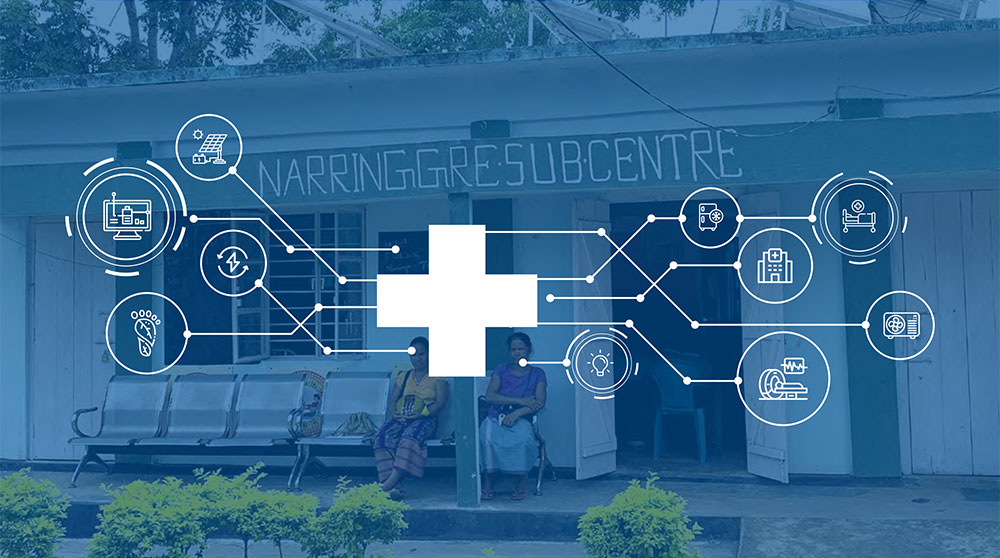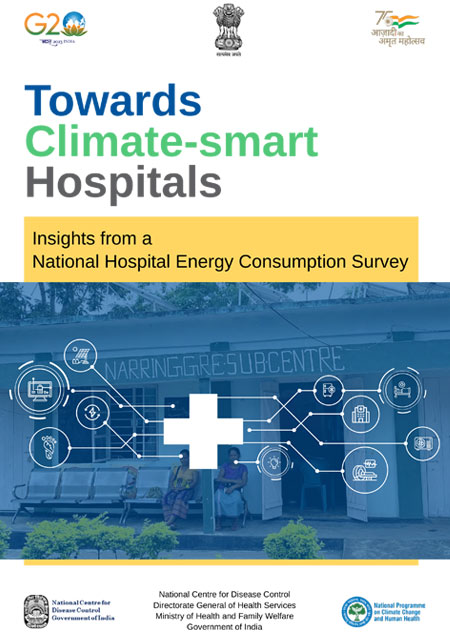Towards Climate-Smart Hospitals: Insights From A National Hospital Energy Consumption Survey

The National Programme on Climate Change and Human Health (NPCCHH) envisions strengthening healthcare services to all Indian citizens, especially children, women, and marginalised populations, in the context of climate change. Launched in 2019, the program has steadily established momentum, engaging all states in initiatives to establish climate-resilient and environmentally friendly healthcare facilities. With the growing vulnerability to acute climate events across India, the Indian healthcare system should be able to withstand climate change adversities and still function, for which access to uninterrupted energy is an essential prerequisite. Energy forms an important component of the Health Adaptation Plan (HAP) and proposed framework for green (environmentally sustainable) and climate-resilient or climate-smart healthcare under the NPCCHH. Under the program, states have been sensitised and encouraged to address the energy-health nexus.
It is, hence, important to develop an understanding of the energy requirements for effective and efficient healthcare delivery, the unmet energy needs of healthcare facilities, the potential for deploying alternative sources of energy to meet the energy gap, and how to reduce energy-related greenhouse gas (GHG) emissions. With this overarching objective, the NPCCHH facilitated a unique, nation-wide survey to map and understand the energy consumption patterns in Indian healthcare facilities.
The study was conceptualised and conducted under the aegis of the NPCCHH, Ministry of Health and Family Welfare, Government of India, with technical support from the Alliance for Energy Efficient Economy (AEEE) and the Centre for Chronic Disease Control (CCDC).
This study acts as a starting point towards:
- Identifying areas of energy efficiency and renewable energy interventions in hospitals
- Formulating data-driven policies and programmes
- Identifying best practices and setting aspirational goals for hospitals towards climate-smart healthcare
